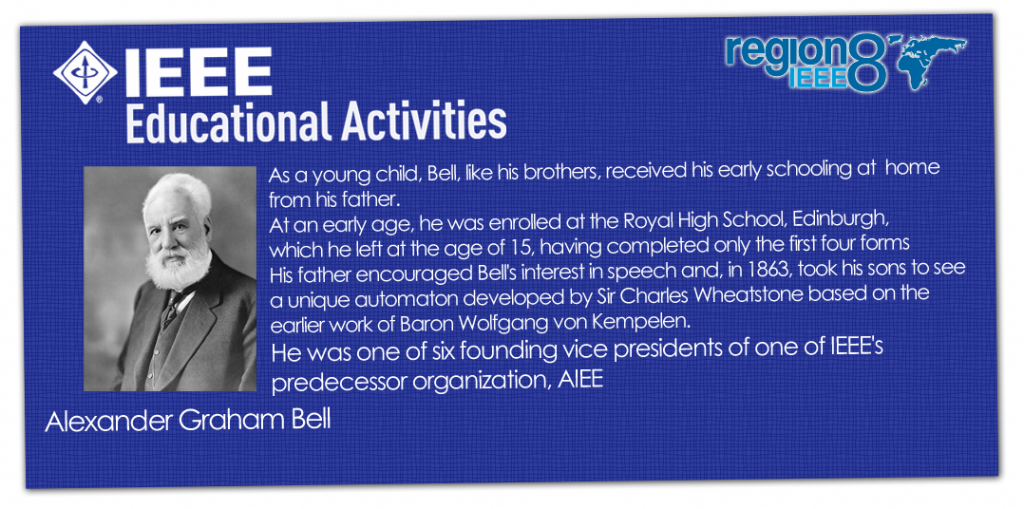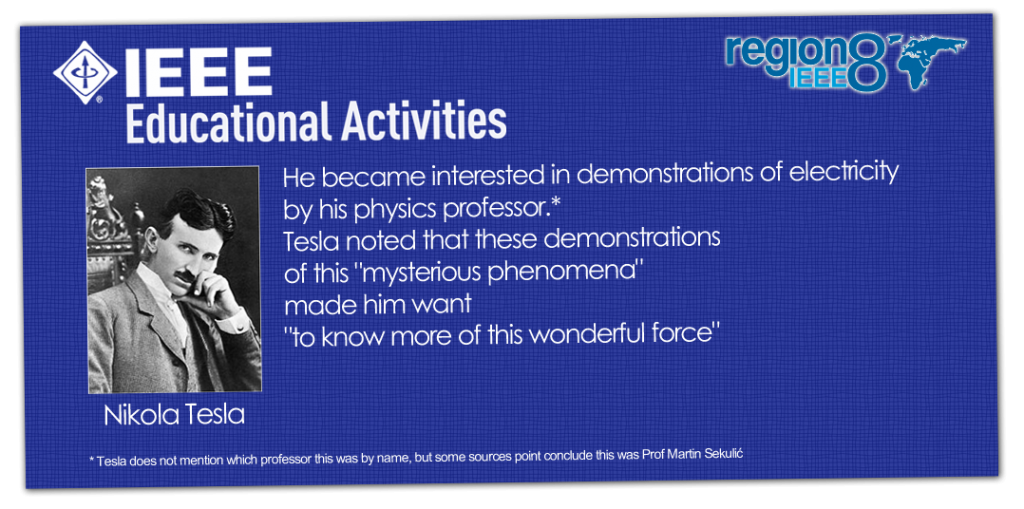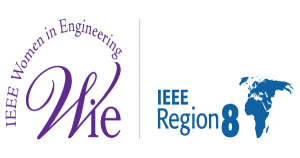IEEE Region 8 SPC 2015 – I phase results
SELECTION OF IEEE R8 STUDENT PAPER CONTEST 2015 ORAL FINALISTS
IEEE Region 8 Student Paper Contest 2015 was announced late June 2014. The deadline to submit Student Branches best papers to R8 contest was December 15, 2014.
Within the SPC 2015 campaign, the following activities were realized, mainly by emails:
- Late June 2014 a SPC 2015 email call with essential SPC data and rules was sent to all R8 SB chairs.
- The same email was also sent to all SB counselors.
- Different versions of the SPC calls were sent to SB chairs and counselors three more times.
- Section chairs, Section students’ representatives and student activities officers also obtained basic information about SPC, asking them to support and co-organize SPC activities. It was especially emphasized to connect when possible local SPC contests with other IEEE R8 Sections and Chapters activities.
Several other single activities were also realized in order to make SPC 2015 more successful.
Before the deadline 21 IEEE student papers were submitted, accepted and graded.
SPC 2015 contestants were from 16 Sections and 19 different Student Branches/Institutions:
- Carlos III University of Madrid, Madrid, Spain
- University of Valencia, Valencia, Spain
- Sidi Mohamed Ben Abdellah University, Fez, Morocco
- Karlsruhe Institute of Technology, Karlsruhe, Germany
- Dublin City University, Dublin, United Kingdom and Ireland
- Saints Cyril and Methodius University, Skopje, Republic of Macedonia
- University of Nairobi, Nairobi, Kenya
- Alexandria University, Alexandria, Egypt
- Saint Petersburg Electrotechnical University (LETI), St. Petersburg, Russia
- University of the Witwatersrand, Johannesburg, South Africa
- Higher School of Techology & Computer Science (ESTI), Enicarthage, Tunisia
- Sudan University of Science and Technology, Karthoum, Sudan
- Alpen-Adria University of Klagenfurt, Klagenfurt, Austria
- University of Ljubljana, Ljubljana, Slovenia
- University of Maribor, Maribor, Slovenia
- University of Nis, Nis, Serbia and Montenegro
- Birla Institute of Technology & Science, Pilani, Dubai, UAE
- Catholique Univ of Louvain (Jt. CAS-004/ED-015), Louvain, Benelux
- KU Leuven, Leuven, Benelux
The first phase of the IEEE Region 8 Student Paper Contest – selection of the best five papers for Oral Finals – finished beginning of May 2015. During the I phase the International Jury:
– Prof. Carlos Lopez-Barrio, Spain, Chair ([email protected])
– Prof. Andrzej Pacut, Poland
– Prof. Samir Shaheen, Egypt,
– Prof. Denis Gillet, Switzerland
– Prof. Luis Torres, Spain
anonymously graded all papers. The contributions were graded as follows:
– Written paper evaluation:
* 45 points maximum for the technical and engineering content,
* 25 points maximum for the paper content presentation.
Jury selected the following five papers (in alphabetical order of the first author’s first name) for the SPC 2015 Oral Finals:
- Ian Kavanagh (93179403): “Developing a Method of Moments Based Indoor Propagation Model”, Dublin City University SB, UK and Ireland Section.
- Kinyua F. Wachira (92229379): “Corrective Term Usage in the Improvement of Gradient- Based Bayer CFA Demosaicking Algorithms”, University of Nairobi, Kenya Student Section, Kenya Section.
- Quentin Cappart (93213500), Adrien Thonet (93269007): “The World Migration Network: rankings, groups and gravity models”, Catholic University of Louvain SB, Benelux.
- Wouter Diels (93270483), Alexander Standaert (93270504): “Design of 1Mbit RRAM memory
to replace eFlash”, KU Leuven SB, Benelux Section
- Žiga Lesar (93253750): “Real-time ray casting of volumetric data”, University of Ljubljana SB, Slovenia Section.
The first phase of the IEEE R8 SPC – selection of the best five papers for Oral Finals – finished May 12, 2015.
IEEE Region 8 SPC 2015 – II phase results
ORAL FINALS, SELECTION OF WINNERS AND WINNERS ANNOUNCEMENT
Second phase of the Region 8 SPC 2015 – Oral Finals – was organized in Salamanca, Spain, on Wednesday September 9, 2015, during the EUROCON 2015 IEEE Conference (http://eurocon2015.usal.es/).
SPC finalists obtained up to 30 points maximum, depending on the quality of the paper presentations and given answers. Oral Finals session was well attended. The papers Power Point introductions were well prepared and presented (all within permitted 15 minutes). There were quite a number of questions, both from Jury members and from audience. The finalists’ answers were
very good.
When session finished, Jury had a private discussion and awarded three prizes, from the IEEE Life Member Fund, to:
FIRST PRICE: Diploma and 800 USD (cash award amount):
Wouter Diels (93270483), Alexander Standaert (93270504): “Design of 1Mbit RRAM memory to replace eFlash”, KU Leuven, Belgium.
KU Leuven Student Branch, from which the I prize winner of the SPC 2015 came from, will receive the Region 8 “Dick Poortvliet Award”, an amount of USD 250.
SECOND PRICE: Diploma and 500 USD (cash award amount):
Ian Kavanagh (93179403): “Developing a Method of Moments Based Indoor Propagation Model”, Dublin City University, Ireland.
THIRD PRICE: Diploma and 200 USD (cash award amount):
Žiga Lesar (93253750): “Real-time ray casting of volumetric data”, University of Ljubljana, Slovenia.
Congratulations to all the winners.
The official recognition of the winners, finalists and SPC Jury was organized during the EUROCON 2015 Gala Dinner, September 10, 2015. SPC 2015 Coordinator Carlos A. López Barrio and EUROCON 2015 General Chair, Emilio Corchado, introduced all the SPC finalists, members of the Jury and pronounced the three winners. All finalists also obtained certificates that their papers
were selected within the five best SPC 2015 papers.
All finalists papers were included in EUROCON 2015 Proceedings and in IEEE Explore digital library.
After sending the SPC final results to IEEE services, the official prizes (diploma and money) are to be sent by IEEE Services to winners within the next period.
Professor Carlos A. López Barrio,
IEEE Region 8 Student Paper Contest 2015 coordinator
October 9th, 2015
SPC 2015 Finalists were from SBs/Sections
– Dublin City Univ, UK & IRL
– Nairobi Univ, Kenya
– Cath Univ Louvain, Benelux
– KU Leuven, Benelux
– Ljubljana Univ, Slovenia









